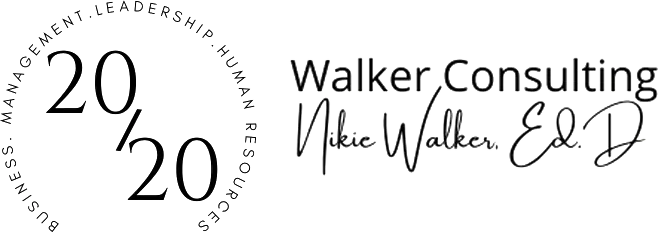Navigating Burnout: Strategies to Prevent Job Resignation
In today's fast-paced and demanding work environments, burnout has become a prevalent issue affecting professionals across various industries. The constant pressure to meet deadlines, coupled with high expectations and long working hours, can lead to physical and emotional exhaustion, which often pushes individuals to contemplate quitting their jobs. However, recognizing the signs of burnout and implementing proactive strategies can help prevent such extreme measures.
Burnout is not merely a result of excessive workload but is a complex interplay of various factors, including chronic stress, lack of control, and a feeling of inefficacy. Recognizing the early signs is crucial to addressing the issue before it spirals out of control. Common symptoms of burnout include fatigue, cynicism, reduced efficiency, and a decline in overall job satisfaction.
According to an article by The Mayo Clinic, Job Burnout: How to Spot it and Take Action (2023), if you answer yes to any of the following questions, you could have job burnout.
- Do you question the value of your work?
- Do you drag yourself to work and have trouble getting started?
- Do you feel removed from your work and the people you work with?
- Have you lost patience with co-workers, customers, or clients?
- Do you lack the energy to do your job well?
- Is it hard to focus on your job?
- Do you feel little satisfaction from what you get done?
- Do you feel let down by your job?
- Do you doubt your skills and abilities?
- Are you using food, drugs, or alcohol to feel better or to numb how you feel?
- Have your sleep habits changed?
- Do you have headaches, stomach or bowel problems, or other physical complaints with no known cause?
Additionally, the article states the following reasons for burnout such as:
- Lack of control
- Lack of clarity about what is expected of you
- Conflicts with others
- Too much or too little to do
- Lack of support
- Problems with work-life balance.
Strategies to Avoid Quitting Your Job Due to Burnout:
Yet it is important to recognize the difference between stress and burnout. As Liz Lewis discusses in her article, Beating Burnout: Advice from an Expert (2021), “Burnout is different from stress or exhaustion.” Lewis continues by saying, “All burnout is stress, but not all stress is burnout.” Cynicism can be a characteristic of burnout. Decreased productivity, procrastination, and “feeling annoyed” can also signal burnout.
So, what can you do to combat these feelings of burnout other than quitting your job?
Set Realistic Goals and Prioritize:
Establish achievable and realistic goals for yourself. Break down larger tasks into smaller, more manageable steps. Prioritize your workload based on urgency and importance, and do not hesitate to delegate when necessary. This helps create a sense of control and prevents feeling overwhelmed.
Establish Boundaries:
Clearly define your work hours and make a conscious effort to maintain a healthy work-life balance. Avoid overextending yourself by consistently working beyond regular hours. Communicate your boundaries to colleagues and supervisors to foster a supportive work environment.
Take Breaks and Vacations:
Regular breaks throughout the day can significantly impact your productivity and mental well-being. Additionally, do not underestimate the importance of taking vacations. Time away from work allows you to recharge and return with a fresh perspective.
Cultivate Supportive Relationships:
Foster positive relationships with colleagues and supervisors. Open communication channels can create a supportive work environment where you feel comfortable expressing concerns or seeking help when needed. A strong support system can mitigate the impact of stress and burnout.
Invest in Self-Care, including acknowledging small wins:
Prioritize self-care activities outside of work. Engage in hobbies, exercise, and spend quality time with friends and family. These activities play a crucial role in maintaining your overall well-being and resilience in the face of workplace challenges.
Seek Professional Help:
If you find yourself consistently struggling with burnout, consider seeking professional assistance. This may involve talking to a therapist or counselor who can provide guidance and coping strategies tailored to your specific situation.
Continuous Learning and Skill Development:
Stagnation in your career can contribute to feelings of dissatisfaction. Invest time in continuous learning and skill development to stay engaged and motivated. This could involve attending workshops, pursuing certifications, or taking on new responsibilities within your current role.
While burnout is a prevalent issue in today's professional landscape, it does not have to result in quitting your job. By recognizing the signs early on and implementing proactive strategies, you can navigate the challenges of the workplace and build a more sustainable and fulfilling career. Remember, taking care of your mental and emotional well-being is not a luxury but a necessity for long-term success and satisfaction in your professional journey.
Keep in mind that mitigating burnout requires continuous effort and commitment.
Nikie Walker, Ed.D.
Brescia University-Division Chair/Assistant Professor- Charles A. Reid School of Business.
HR consultant/owner-20/20 Walker Consulting
20/20 Walker Consulting

